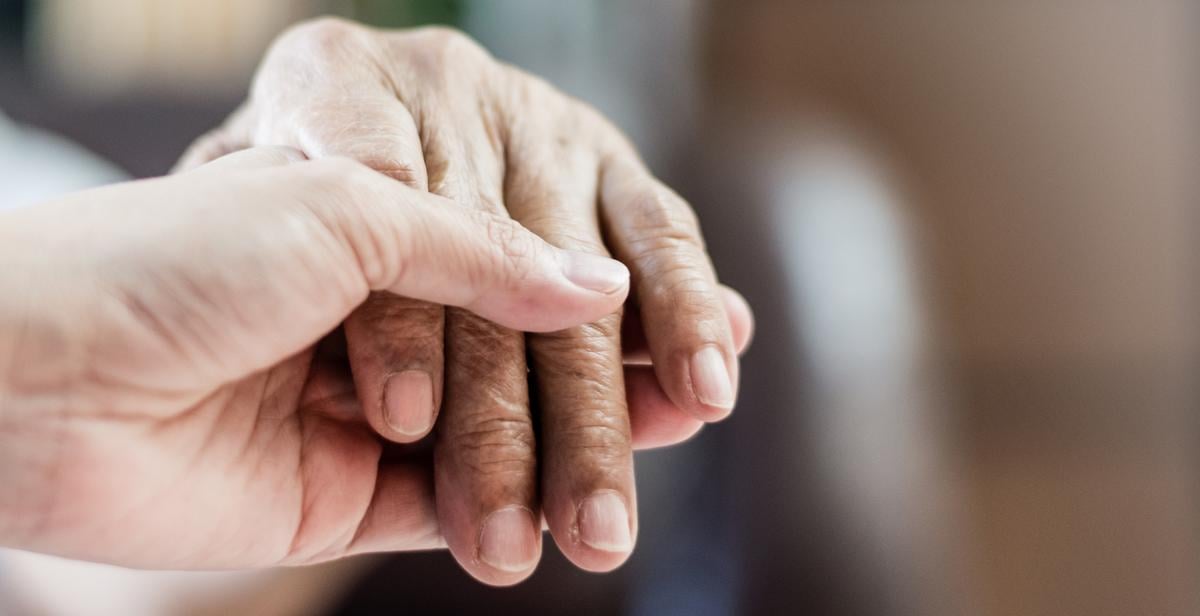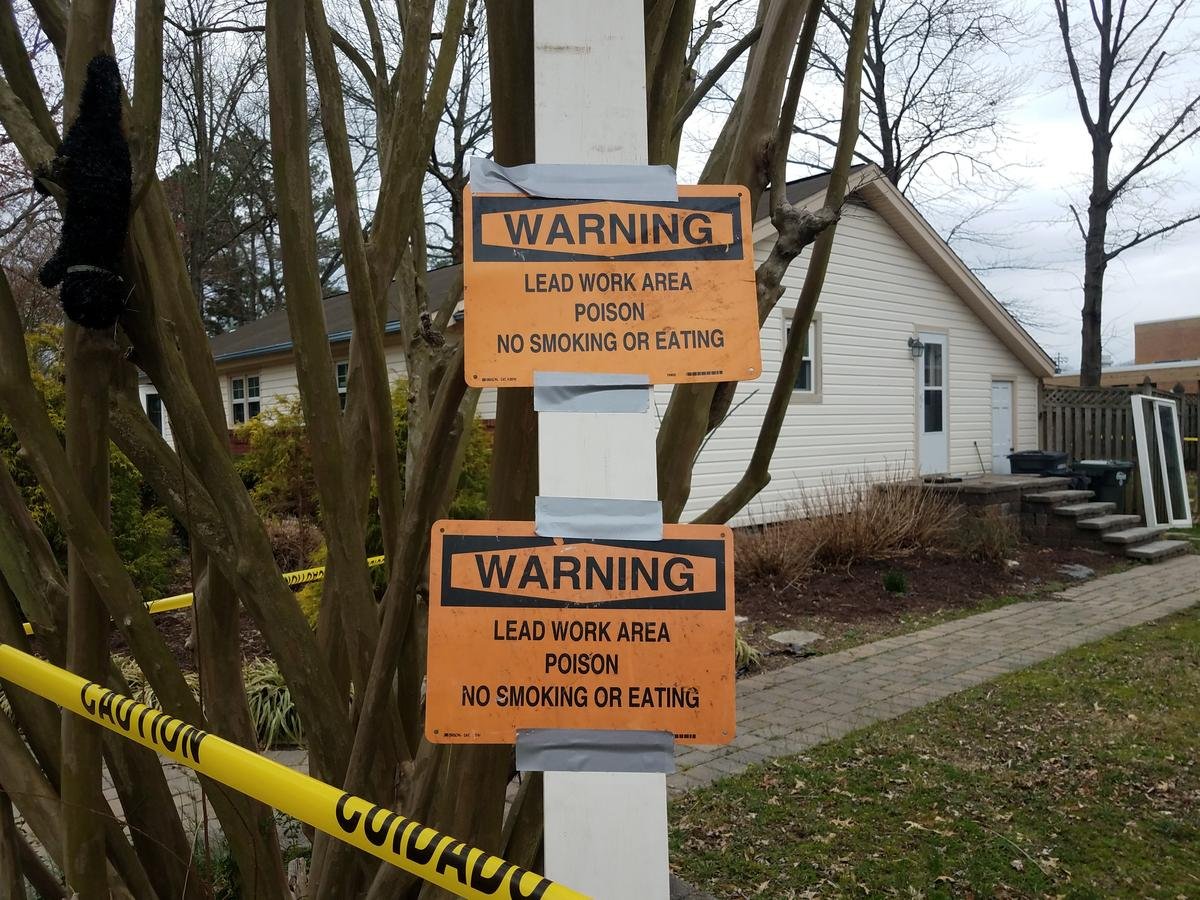
A new law just passed in California makes it the first state to tell public schools they may no longer serve foods that contain six artificial dyes linked to health and behavior problems among children. Gov. Gavin Newsom signed the California School Food Safety Act into law on Saturday. It bans Red 40, Yellow 5, Yellow… read on > read on >











.jpg)






